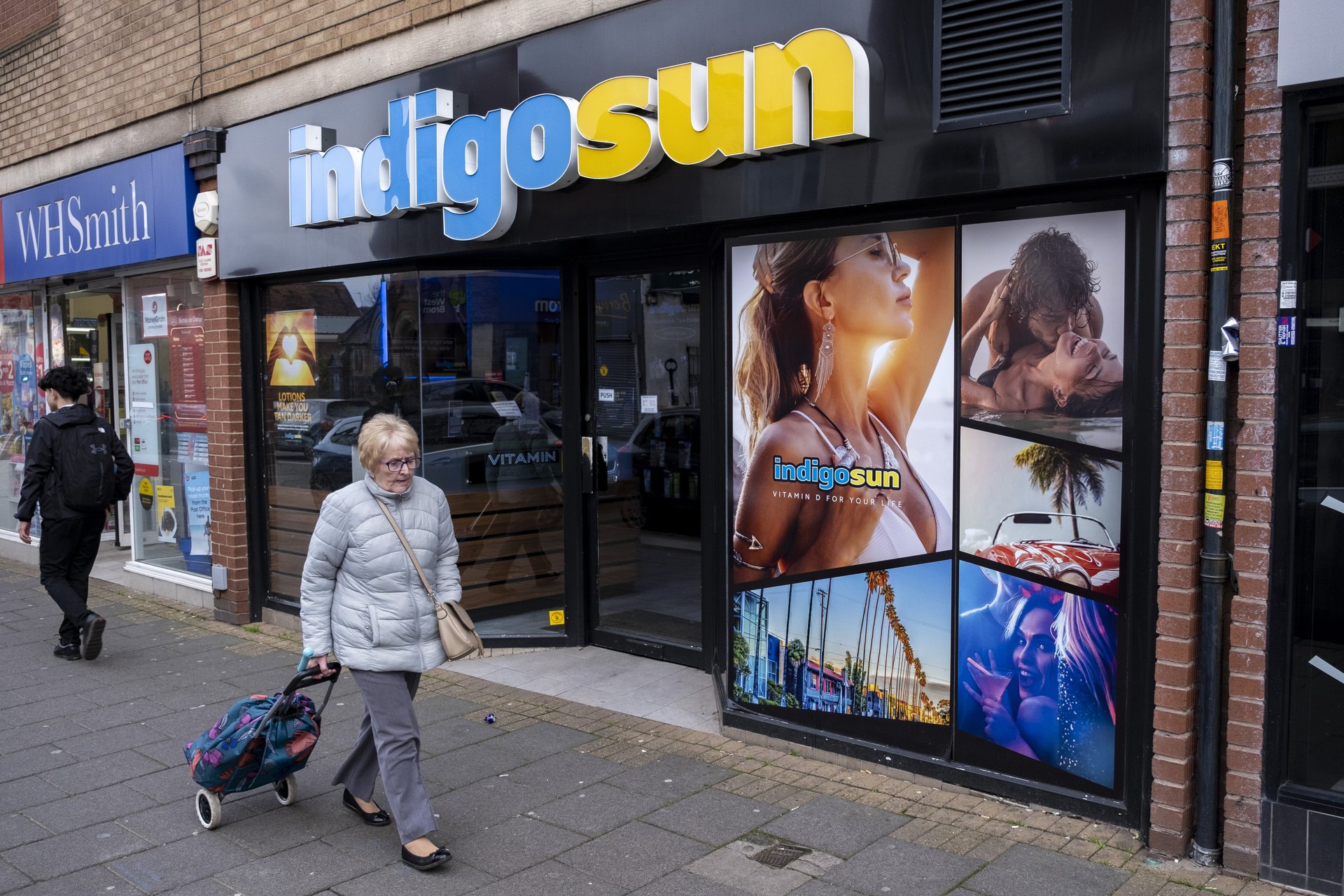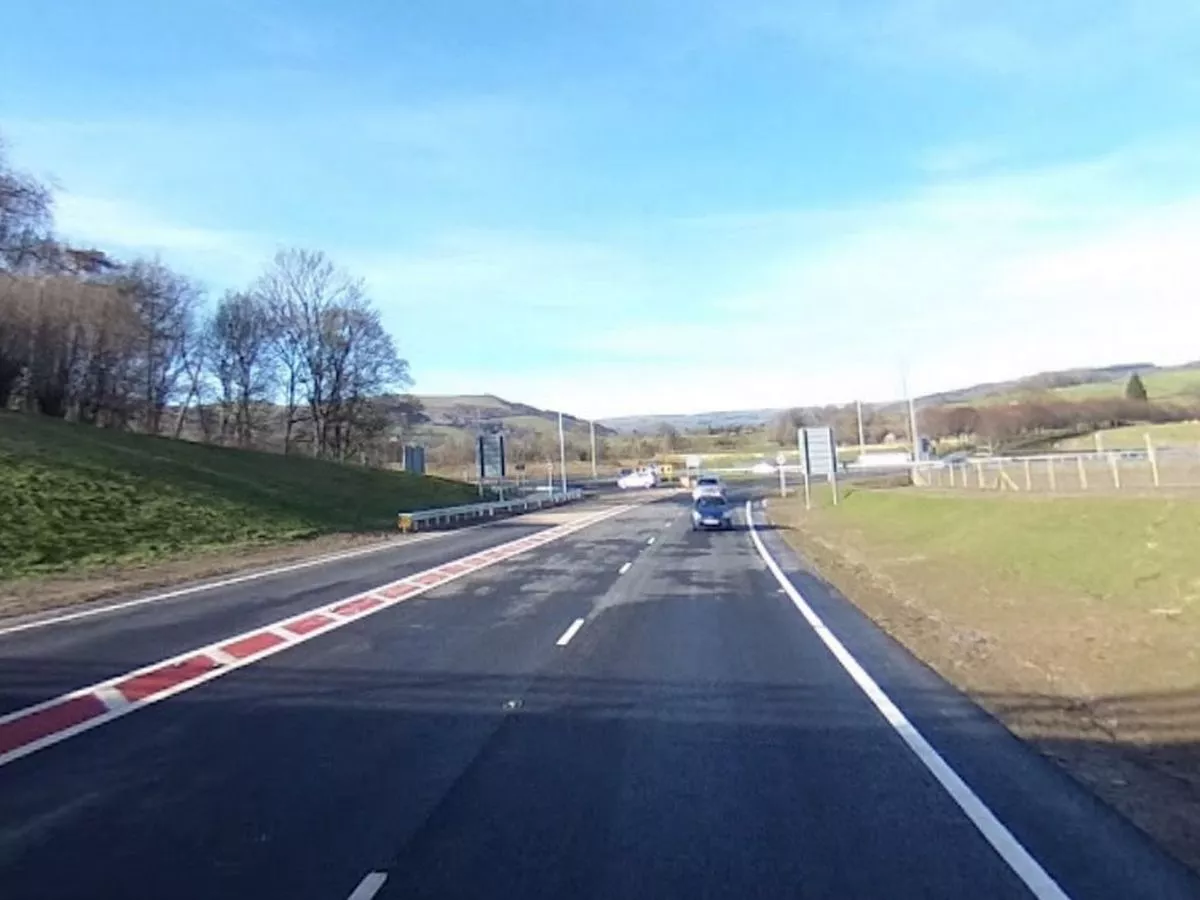By Kevin Scott
Copyright stv

An advert by the UK’s largest sunbed shop has been judged to be “misleading, unsubstantiated and socially irresponsible”.
The Advertising Standards Authority (ASA) ruled that an animated explainer hosted on Indigo Sun’s website went too far in highlighting the health benefits of UV exposure, without sufficiently referencing associated risks.
The Stirling-based company said it will withdraw the video in the coming days and confirmed it will not be used again.
But the firm also said it “respectfully disagrees with certain aspects of the ASA’s conclusions”.
The ASA upheld two issues that were under investigation, stating the advert was “irresponsible” and “made misleading claims about the health benefits of ultraviolet light from sunbeds”.
The adverts promoted “major health benefits” from sunbeds, including lower cancer and heart disease deaths, and said sunbed use was not linked to melanoma.
However, the ASA found the University of Edinburgh paper cited by Indigo Sun too weak to support those claims, saying it relied on vague questionnaires, excluded younger users, had a short follow-up period, and wasn’t designed to prove health benefits.
It concluded: “Because the ad omitted information on official advice from public health bodies about the risks of sunbeds, whilst creating an overall impression that the health benefits of using sunbeds significantly outweighed the risks, we concluded that it was irresponsible.”
The advert was brought to the attention of the ASA by Dr Amy Perkins, a dermatologist at NHS Forth Valley, who filed an official complaint earlier this year.
Dr Perkins said: “I was noticing patients come into my clinic and they said they were under the impression that sunbeds would make them live longer.
“When I heard this I thought ‘what on earth, this seems such a radical concept’ and then I realised this is what they’re saying online, this is what Indigo Sun are promoting, so that’s when I really thought something needs to change.”,
Indigo Sun said it understood the concerns raised and supported greater public awareness around safe UV practices.
But it also pointed to the evolving nature of scientific research in this field and the importance of open-minded engagement with new findings.
Frank Taylor, chief executive of Indigo Sun, said: “We respect the ASA’s role and accept the outcome of their review. We will remove the video and are taking on board the feedback provided.
“That said, we remain disappointed that a peer-reviewed study conducted by the University of Edinburgh, one of the UK’s most respected academic institutions, and based on UK Biobank data from over 360,000 participants, was not considered sufficient evidence to support the claims made.
“Our intention was always to share the science, not to make exaggerated or irresponsible assertions.”
Mr Taylor added: “The research we cited was conducted by respected academics and published in a peer-reviewed journal. It found that moderate solarium use was linked with lower risks of several major health outcomes.
“We acknowledge that not everyone agrees with the interpretation of those findings, but we believe they merit inclusion in the broader conversation about UV, vitamin D and public health – a conversation that has been overly reliant on old, outdated studies.
“We have always advocated moderation, safety and full compliance with regulation. We hope this episode contributes to a more balanced, constructive conversation about how best to support public health.”
The University of Edinburgh has been contacted for comment.
Adele’s story
Adele Hughes was diagnosed with stage three melanoma at the age of 39 after using sunbeds for many years to get a tan.
She is still undergoing treatment and wants to spread the word about the dangers involved in using tanning salons.
“I was diagnosed in 2019 with stage three melanoma and I underwent six surgeries and intense immunotherapy treatment for almost 18 months.
“They (doctors) are very confident my skin cancer was caused by exposure to UV rays. When I was 16-years-old I started to use sunbeds in Liverpool on a regular basis because I really wanted a tan.
“Whether it was using sunbeds or when I was on holiday sunbathing, I was exposed to UV light, so there’s a high probability it was caused by UV light.
“I just blamed myself because I felt this could have been prevented if I had known the risks when I was much younger. I look back at the time when I was using sunbeds and think there was no warning signs back then, or there was in these tanning salons with glamours pictures of tanned bodies
“I often think ‘if I had known the risks back then, would I have made different choices?’”



